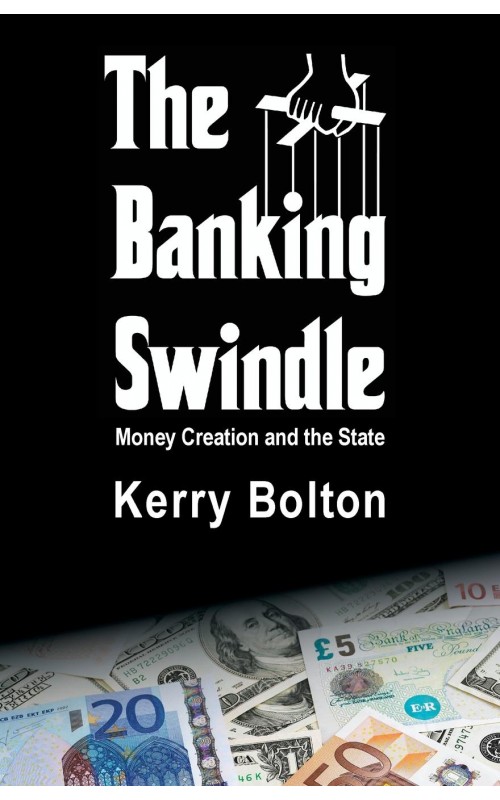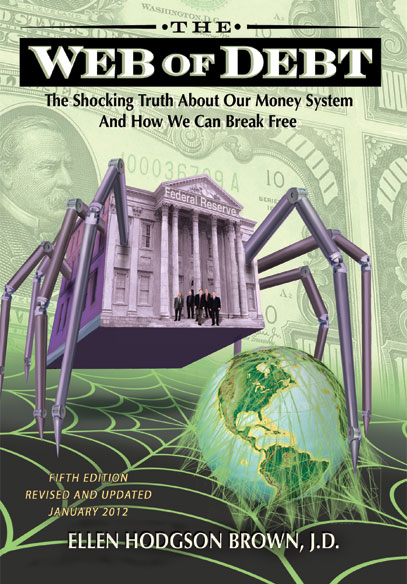Robert Stark interviews blogger Matt Forney (http://mattforney.com/) on Mark Ames’s Going Postal: Rage, Murder, and Rebellion: From Reagan’s Workplaces to Clinton’s Columbine and Beyond.
Topics discussed include:
- How slaves in the antebellum South were conditioned to accept slavery and how it relates to corporate America.
- How Ronald Reagan restructured the economic system
- Why Reagaonomics provocked spree shootings
- Why the Right-wing is wrong when it misinterprets political correctness for egalitarianism and how America today is the most inegalitarian in its history
- Why whites are overrepresneted among spree shooters.
- How managerialism combines the worst aspects of capitalism and socialism
- The connection between standardized tests and school shootings
- How the value of the college degree collapsed.
- How bullying in schools is institutionalized and how prevention of retribution against bullying contributes to spree shootings
- How sexual frustration contributes to spree shootings but the manosphere is wrong about its the primary reason
- How feminism and mass immigration suppress wages and how Ames ignores those issues and complains about scapegoating of immigrants.
- How the Alternative Right has failed to adress the economic issue
- Andy Nowicki’s The Columbine Pilgrim
- Why suffering seldom ennobles people but instead makes them into monsters
- The aim of workplace shootings is to destroy the system that oppresses the shooter
- The aim of school shootings is to destroy a system of oppression, most often bullies









